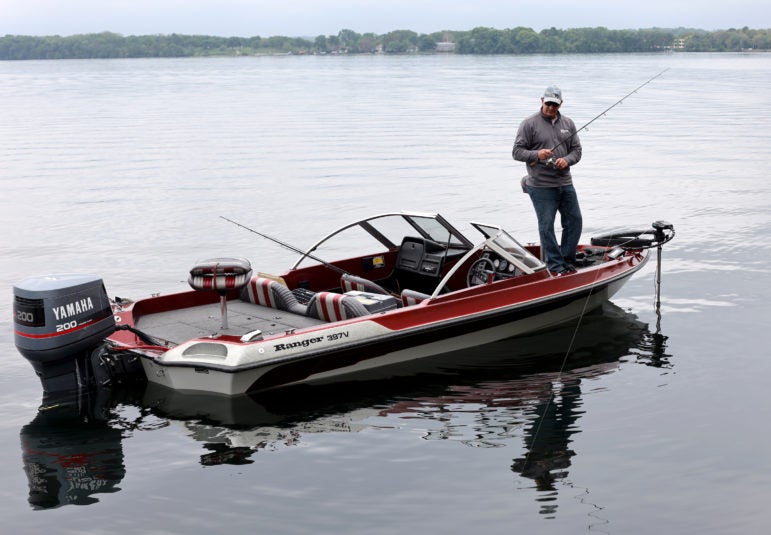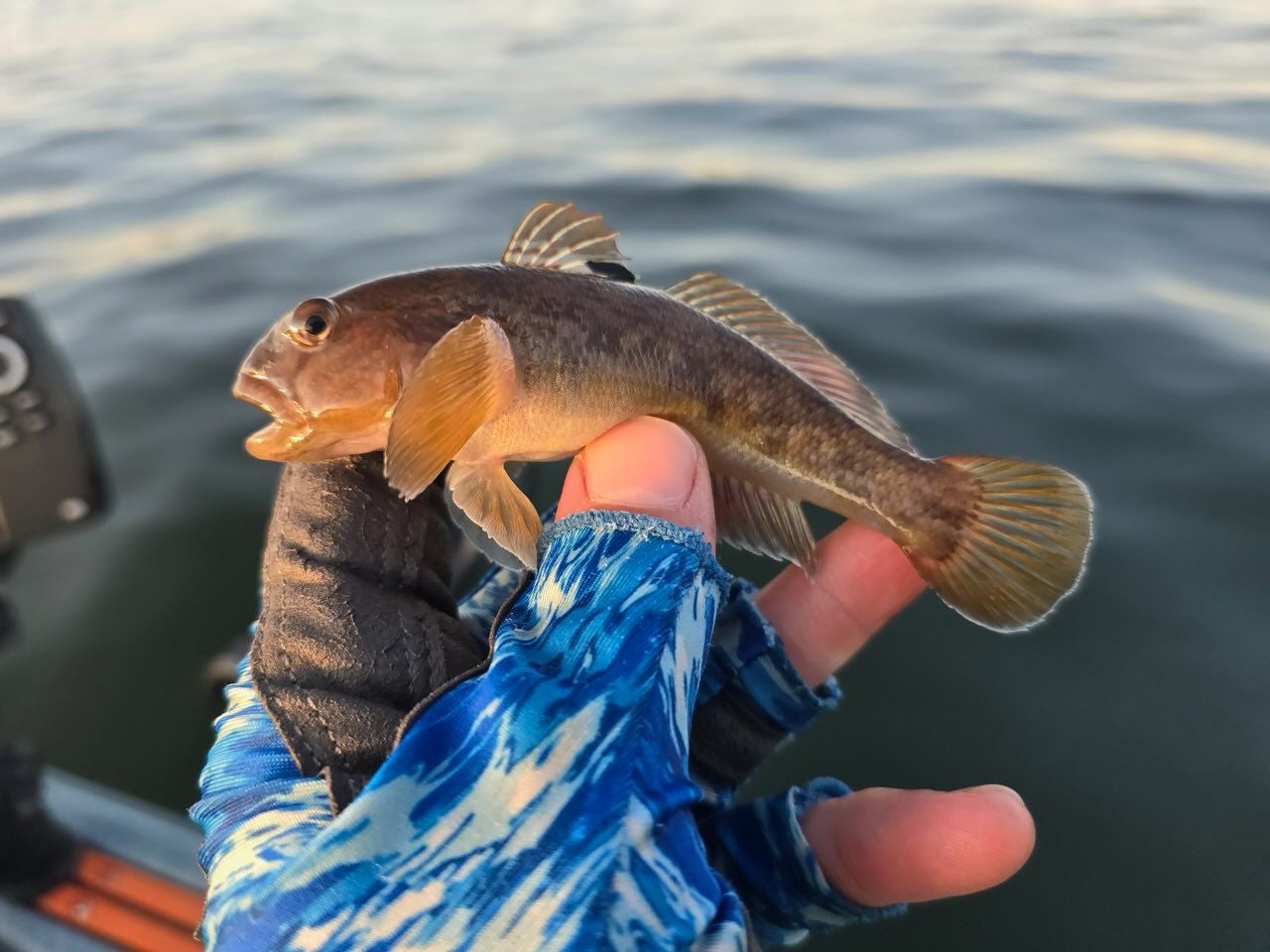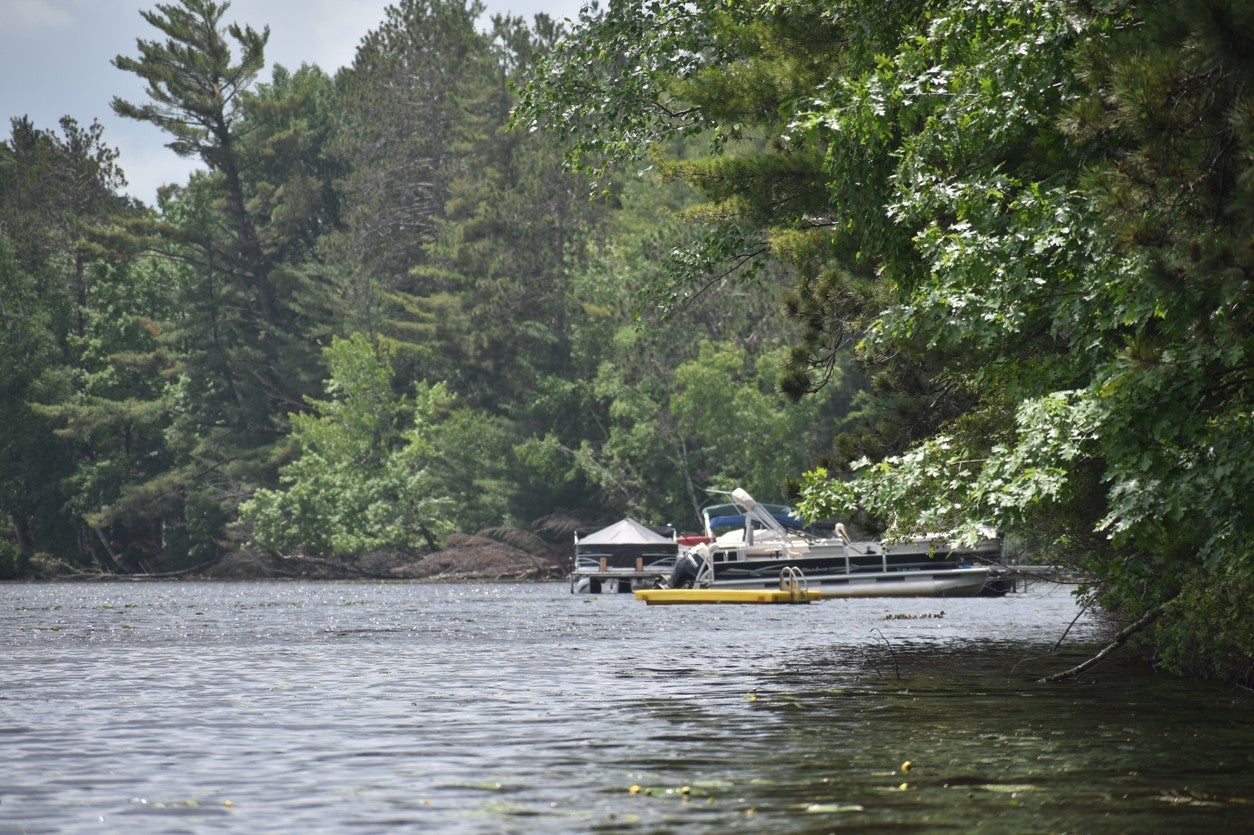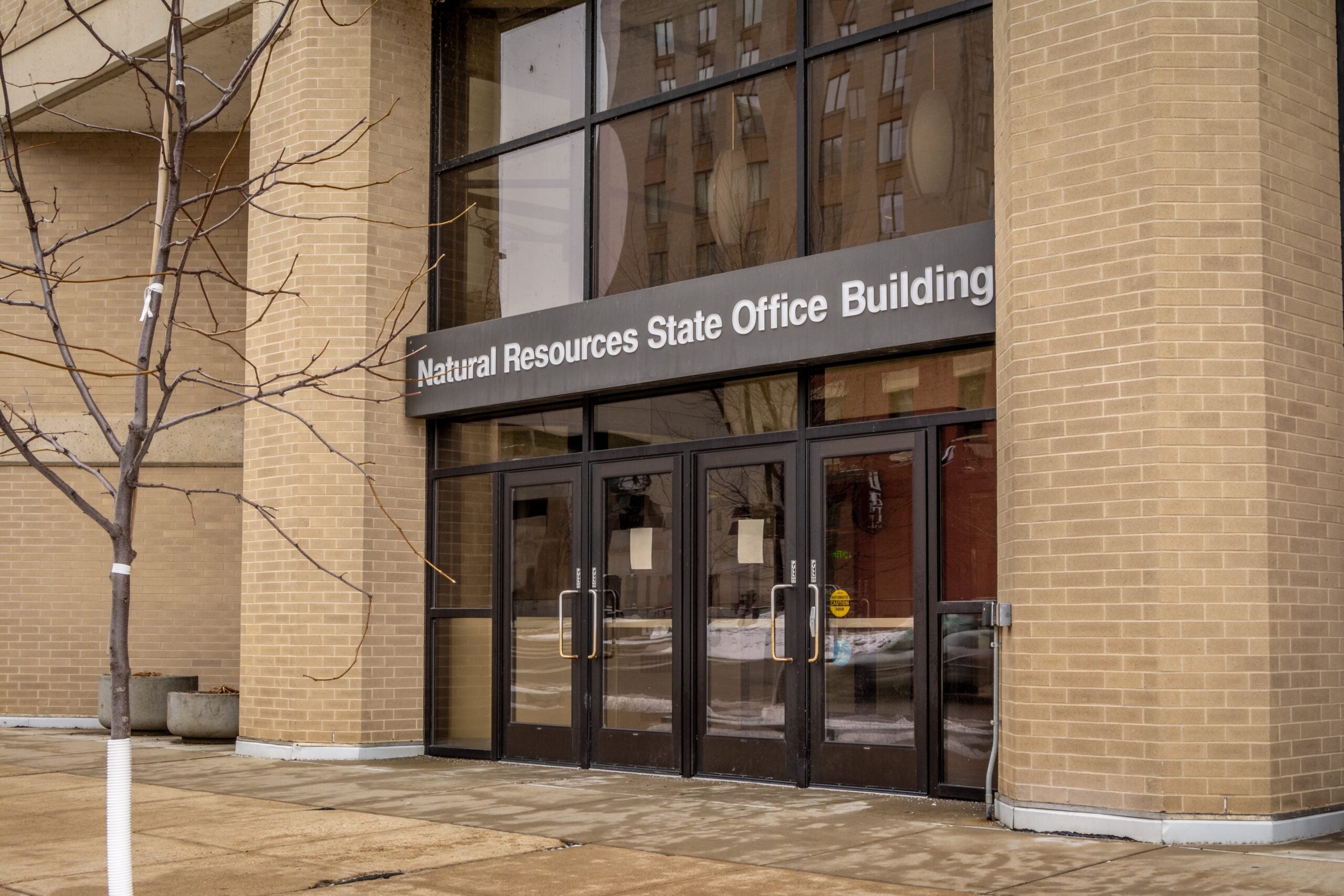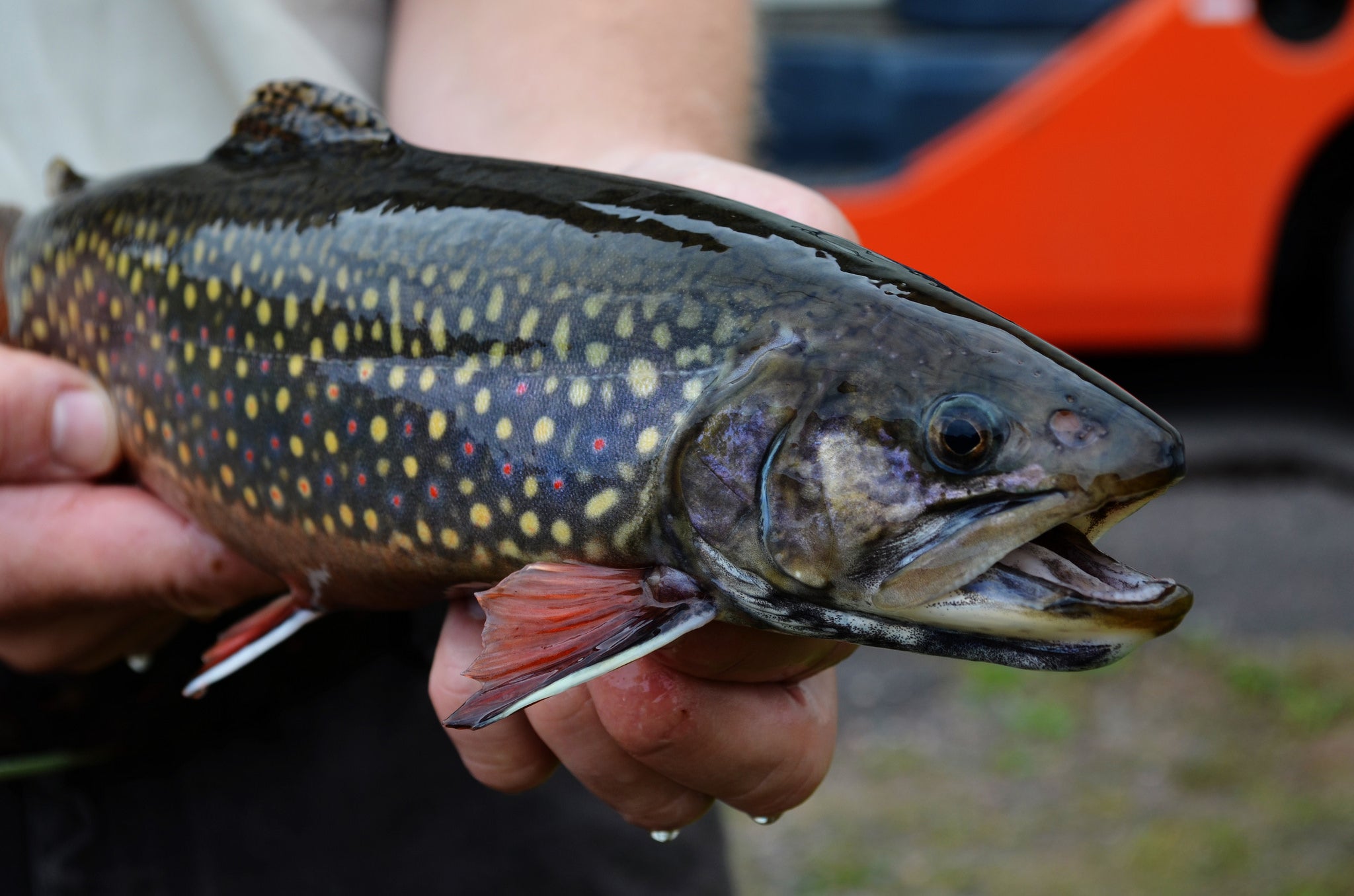As anglers head to the lakes for this Saturday’s fishing opener, some are hoping to reel in more support for Gov. Tony Evers’ proposal to increase license fees for fishing, hunting and trapping.
Evers is proposing to increase fees to address a looming shortfall in the state’s fish and wildlife account. The Wisconsin Department of Natural Resources is now projecting the account will face a $17 million deficit by next year due to inflation. GOP leaders have already signaled opposition to increasing fees.
License fees would mostly increase between $10 to $40. The cost of a resident fishing license in Wisconsin would rise from $20 to $30 under the proposal. A resident deer license would increase from $22 to $42, according to the DNR.
News with a little more humanity
WPR’s “Wisconsin Today” newsletter keeps you connected to the state you love without feeling overwhelmed. No paywall. No agenda. No corporate filter.
The account is the primary source of funding for fish and wildlife management in Wisconsin, as well as enforcement of fish and game laws.
The nonprofit group Walleyes for Tomorrow has around 2,500 members that support fish stocking and habitat projects to grow walleye populations in Wisconsin lakes. Mike Arrowood, board chairman for the group, said an increase in fees is long overdue as many haven’t been changed in 20 years.
“The cost of everything has gone up exponentially over the course of 20 years, and the DNR is running out of money,” Arrowood said.
The DNR said the proposed increases are intended to provide stability to the account as fees have remained flat amid rising costs and declining license sales. The agency has said inflation increased 59 percent since 2005.
“The new license fees reflect the amount necessary to allow the department to keep providing the services hunters and anglers have come to expect, while keeping prices in line with those of other Midwest states,” a DNR spokesperson said in an email.
Senate Majority Leader Devin LeMahieu has said hunting and fishing fees would “skyrocket” under Evers’ plan. Last summer, Republicans on the Legislature’s joint audit committee approved an audit of the account, the results of which are expected this summer.
“Before the non-partisan Legislative Audit Bureau even releases its audit of the Fish and Wildlife Account, the governor wants to nearly double fees on Wisconsin deer hunters and nearly triple fees on senior sportsmen and women,” LeMahieu said in a statement.
After the audit is released, LeMahieu said Senate Republicans would thoughtfully address the deficit, “not just increase fees.”
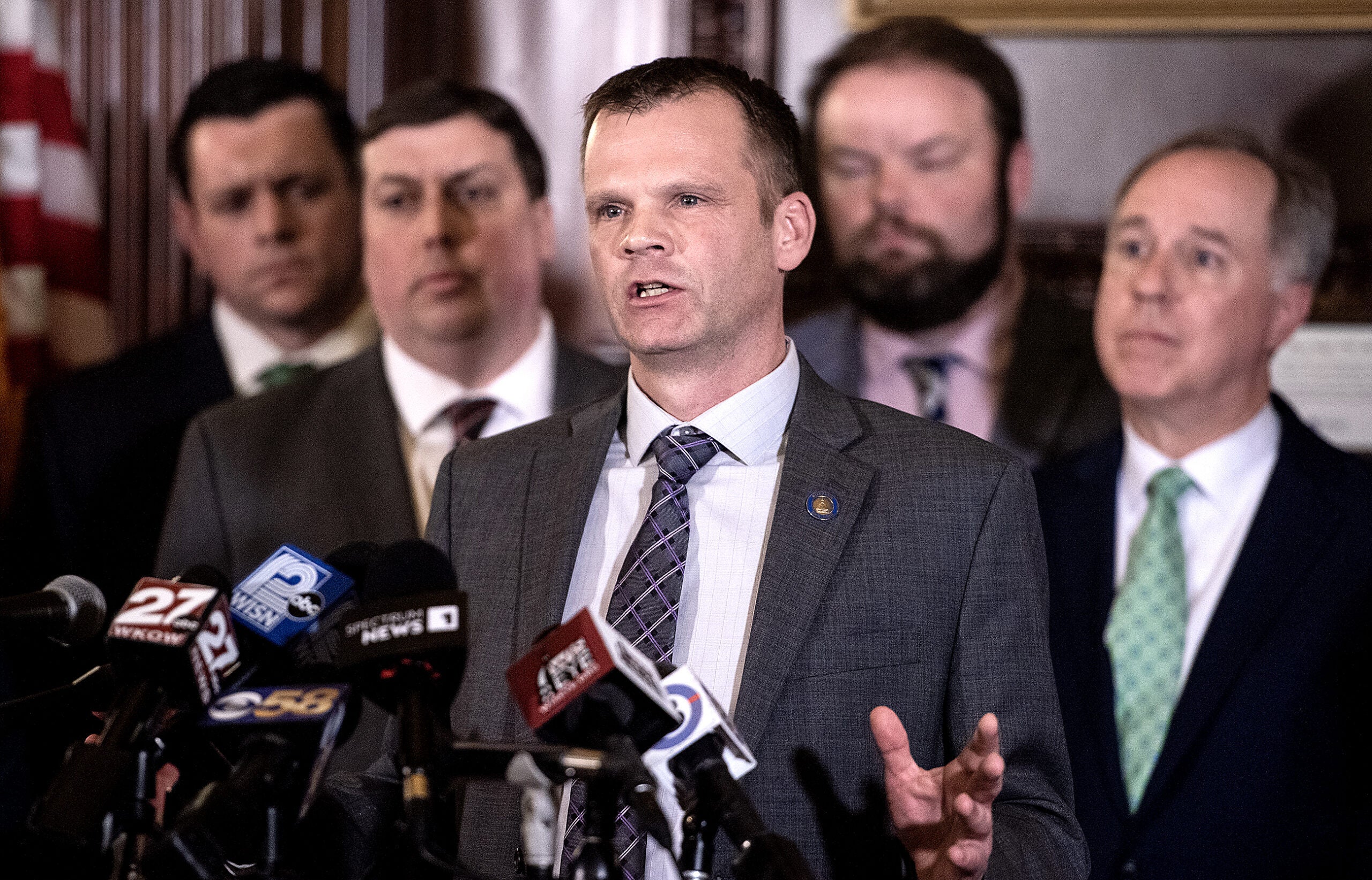
Lawmakers backfilled account before to address funding shortfall
License sales and other fees are the most significant source of revenue for the account.
Under the current state budget, lawmakers authorized a one-time transfer of $25 million from the agency’s forestry account to make up for a shortfall in revenues. The budget-writing committee, which is controlled by Republicans, also drafted a $2.2 million increase in non-resident fees that was approved by Evers.
GOP lawmakers and Evers have also signed off on raising some non-resident license fees, but a proposal to raise all non-resident fees failed to pass the Legislature last year.
The Wisconsin Wildlife Federation is spearheading a coalition to support increasing funds for the account, wihch may include raising license fees. Cody Kamrowski, the group’s executive director, said the DNR may have to delay replacing equipment for law enforcement or cut back programs for wildlife habitat management without fee increases or backfilling the account with state funding.
“In the fisheries world, stocking programs are great for recruitment and retention of new anglers or getting prior anglers re-engaged,” Kamrowski said. “Those stocking programs are starting to dwindle down or decrease because stocking does cost a fair amount of money.”
He added that other states like Missouri have a conservation sales tax that represents an eighth of 1 percent of all taxable goods. The tax raised more than $171 million for conservation in the fiscal year ending last June. In Minnesota, the state passed a constitutional amendment that increased the state sales tax by three-eighths of 1 percent, which has generated more than $1.8 billion for water and outdoor projects since 2010.
Sen. Eric Wimberger, R-Oconto, co-chairs the Legislature’s joint audit committee and sits on the budget-writing committee. He agreed with LeMahieu that Evers’ request to increase fees is premature until the audit is released.
“If it’s, in fact, a well-oiled machine and the DNR just doesn’t have the revenue because we haven’t raised licensing fees, then we just have to take that information and make a decision on the finance committee in the Legislature on what next steps to take,” Wimberger said.
Wimberger declined to comment on whether he would support increasing fees. If it’s necessary, he said, that’s something that can be done outside of the budget.
Almost 384,000 fishing licenses of various types had already been sold through April 30, according data provided by the DNR. More than 1.3 million fishing licenses were sold last year. More information on the fishing opener, rules and regulations can be found on the DNR website.
Wisconsin Public Radio, © Copyright 2026, Board of Regents of the University of Wisconsin System and Wisconsin Educational Communications Board.

